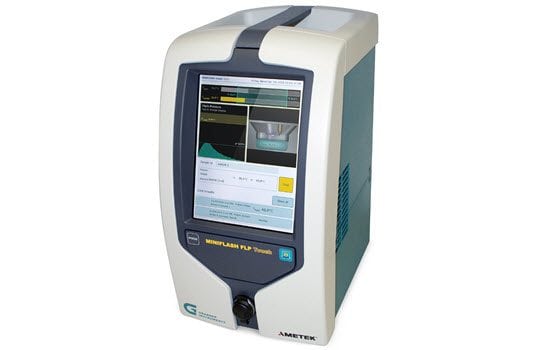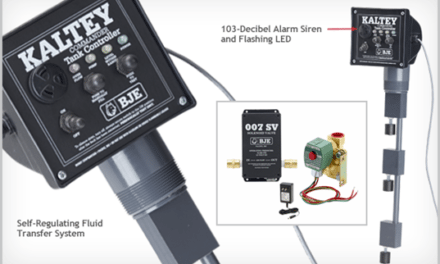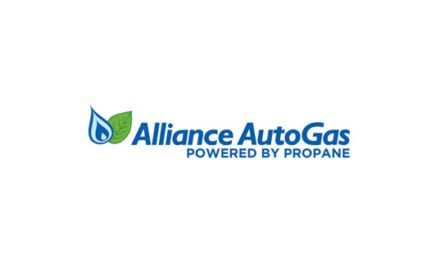In December 2013, ASTM cleared the way for the new age in flashpoint testing. ASTM members voted to accept D7094 as a new method for testing diesel, fuel oils and kerosene according to the ASTM specifications D975, D396, D2880 and D3699. The positive impact of the new method on costs, safety and on resolving environmental issues will be impressive.
A quick look at the new method reveals some obvious benefits. D7094 requires only 2 mL of sample. This is a big advantage for laboratory safety and minimizes the amount of hazardous waste. Thermoelectric heating and cooling of a small sample and easy cleaning contribute to an increase in testing throughput and a reduction of laboratory time. The small sample size also reduces costs, especially when expensive samples are tested.
With the D7094 method, tests are performed through electric discharge in a completely closed cup. No open flame is generated, because the flash point is detected by the pressure increase inside a closed system. The risk of fire and obstructive fumes are eliminated. D7094 testers are small and portable, making them suitable for use in laboratory or directly in the field.
Grabner Instruments developed the first MINIFLASH flashpoint analyzer in 1992. The new flashpoint method was standardized 1999 as ASTM D6450 method for 1 mL samples, and in 2004 as ASTM D7094 method for 2 mL samples. Grabner Instruments MINIFLASH flashpoint testers are used in laboratories around the world for testing liquid or solid samples in the petrochemical, flavor and fragrance, chemical and/or waste industries.
Information on the D7094 MINIFLASH flashpoint tester from AMETEK Grabner Instruments is available from www.grabner-instruments.com or [email protected].









